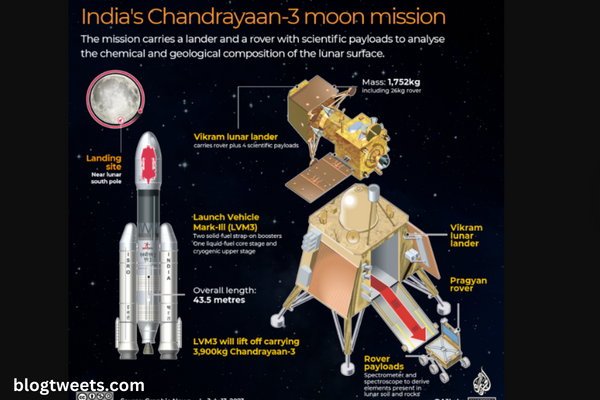South Korea will launch its first satellite of this kind

Several experts worry that South Korea’s ambitions to use its Nuri space launch vehicle to launch a commercial satellite could ultimately serve military objectives.
As part of its space development program, South Korea is to carry out its first launch of a commercial-grade satellite on a domestic rocket next month, according to officials.
Officials from South Korea claim that the country’s in-house Nuri space launch vehicle serves no military functions. But some experts assert that, despite tensions with rival North Korea, the development of such rockets will eventually aid the nation in acquiring the capabilities required to manufacture larger missiles and deploy reconnaissance satellites.
South Korea launched its first satellite with the Nuri rocket in June of last year. That flight involved a satellite that South Korean officials referred to as a “performance verification” satellite that was primarily intended to test the rocket’s capabilities, whereas the launch scheduled for next month will be the first to place a commercial-grade satellite into orbit.
The rocket will launch on May 24 from the nation’s space launch facility on a southern island, according to the Science Ministry. According to a ministry statement, a backup launch date of May 25–31 was selected in case the weather forced adjustments to the original launch date.
Seven more smaller cub-shaped satellites will be carried in addition to the main “Next Generation Small Satellite 2” satellite by the rocket. According to the announcement, the main satellite is charged with detecting cosmic radiation in near-Earth orbit and confirming imaging radar technology.
The eight satellites that will be mounted on the rocket’s third stage are currently undergoing final environmental tests while the first and second stages of the rocket have been fully assembled.
The Nuri rocket made its second liftoff last year. The rocket’s fake cargo made it to the desired altitude during its first launch in 2021 but was unable to enter orbit. South Korea wants to launch three more Nuri rockets beyond the one scheduled for next month, according to officials.
Oh Tae-seok, the first vice science minister, was quoted in the ministry statement as stating, “The third launch of Nuri is of enormous significance as it is the first effort to launch a commercial-grade satellite and the first time a private enterprise would jointly construct the homegrown Nuri rocket.”
South Korea, which has the tenth-largest economy in the world, is a significant producer of cellphones, cars, and semiconductors. Nonetheless, it has a less advanced space program than its neighbors China, India, and Japan. South Korea has launched numerous satellites into orbit since the early 1990s, but every one of them used foreign rocket technology or launch locations.
In 2012 and 2016, North Korea launched Earth observation satellites, but there is no evidence that either spacecraft has been operational. International sanctions were imposed on North Korea as a result of the two launches since the U.N. considers them to be covert demonstrations of the North’s prohibited long-range missile technology.








